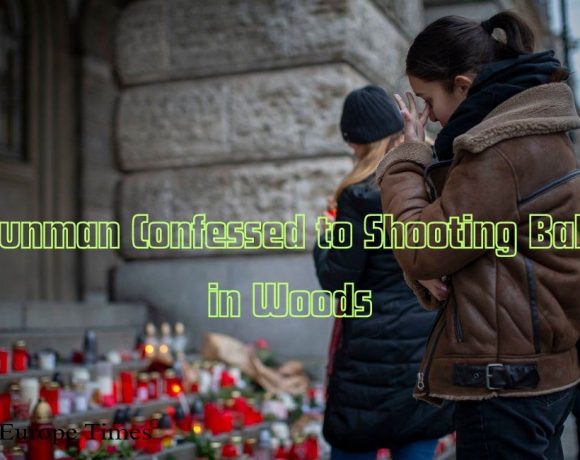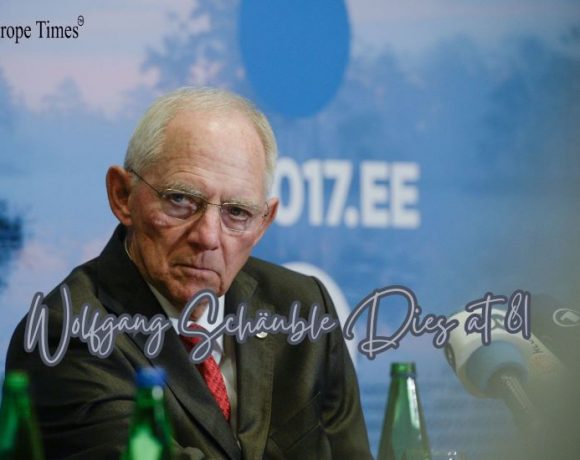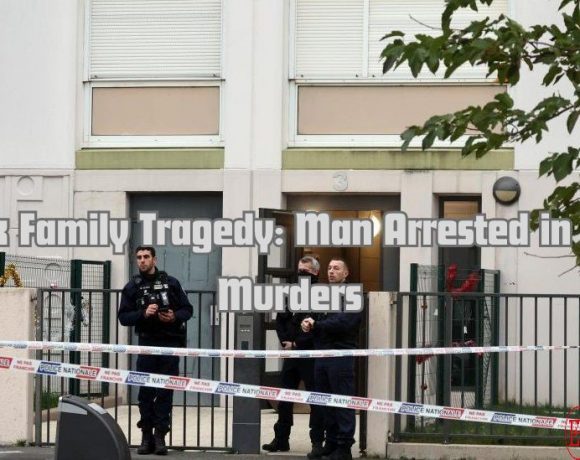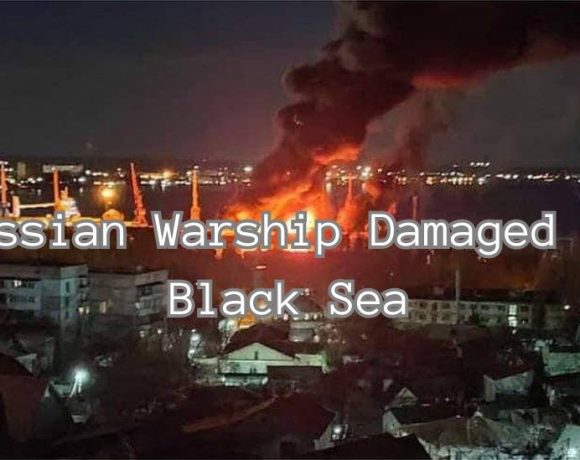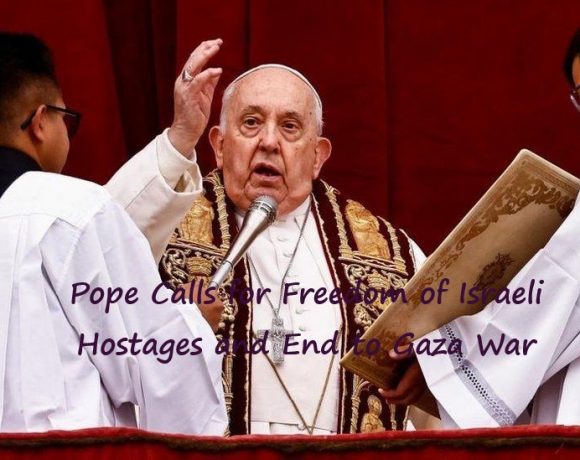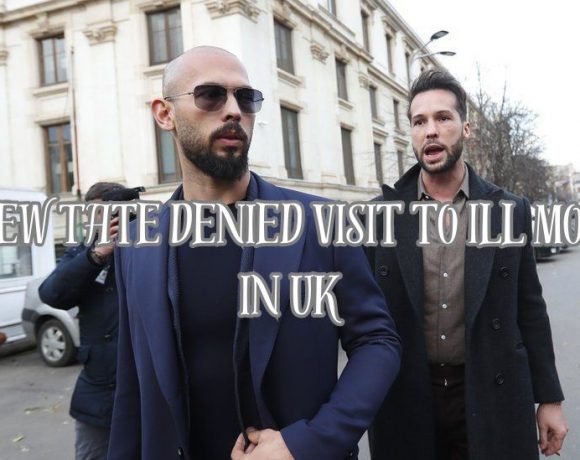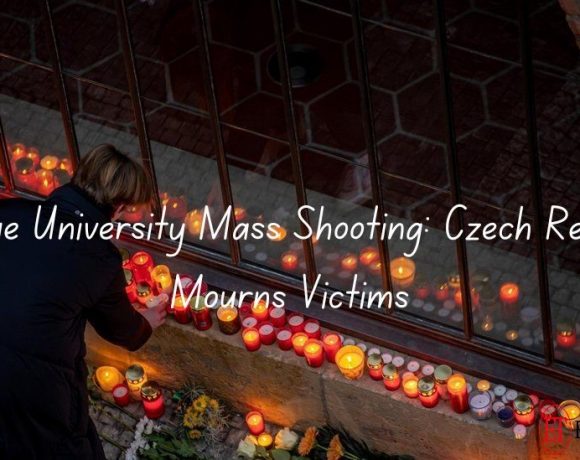
Françoise Bettencourt Meyers, heiress to the L’Oréal fortune, has achieved a historic milestone by becoming the first woman to accumulate a wealth exceeding $100 billion, as reported by the Bloomberg Billionaires Index. The French beauty company, founded by her grandfather, has witnessed a remarkable surge in its stock market performance, reaching record highs in Paris. L’Oréal’s sales rebounded after the pandemic, contributing to this success. At 70, Bettencourt Meyers is now the world’s 12th richest person, though she trails behind Bernard Arnault, the founder of LVMH, who holds the second spot with a net worth of $179 billion.
As the vice-chairperson of L’Oréal’s board, Bettencourt Meyers, along with her family, owns the largest share of the company, approximately 35%. She inherited the role of L’Oréal’s heiress following her mother Liliane Bettencourt’s death in 2017. Liliane, a prominent figure as France’s richest person, faced a public dispute with Françoise, accusing a photographer and socialite of taking advantage of her. The family conflict resulted in a French court granting Françoise control over Liliane’s wealth due to her mother’s diagnosed dementia in 2011.
Known for prioritizing privacy over social events, Bettencourt Meyers engages in playing the piano for several hours daily and has authored two books—a comprehensive study of the Bible in five volumes and a genealogy of the Greek gods. Described as living within the confines of her family, she maintains a low profile compared to other wealthy individuals.
Picture Courtesy: Google/images are subject to copyright



